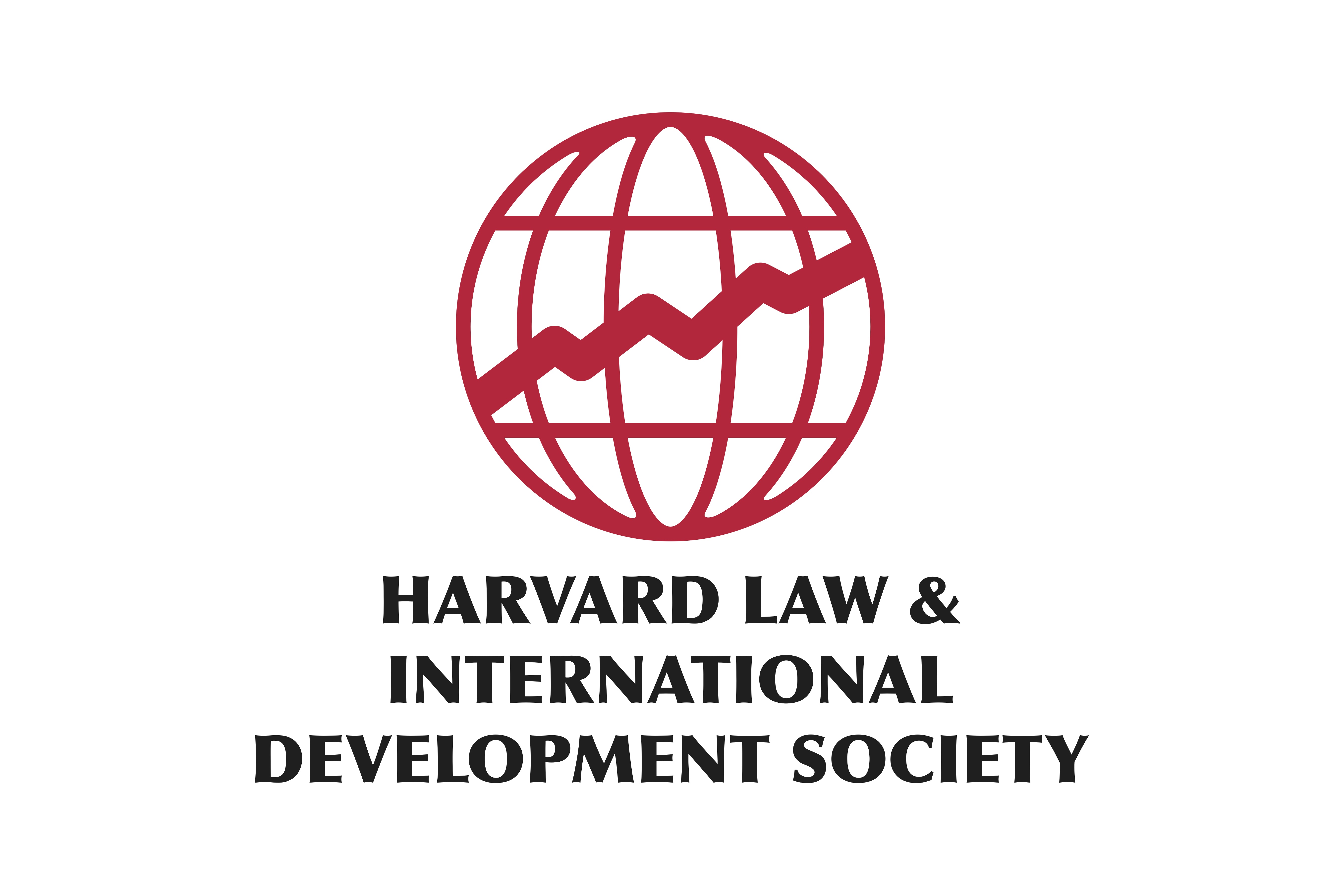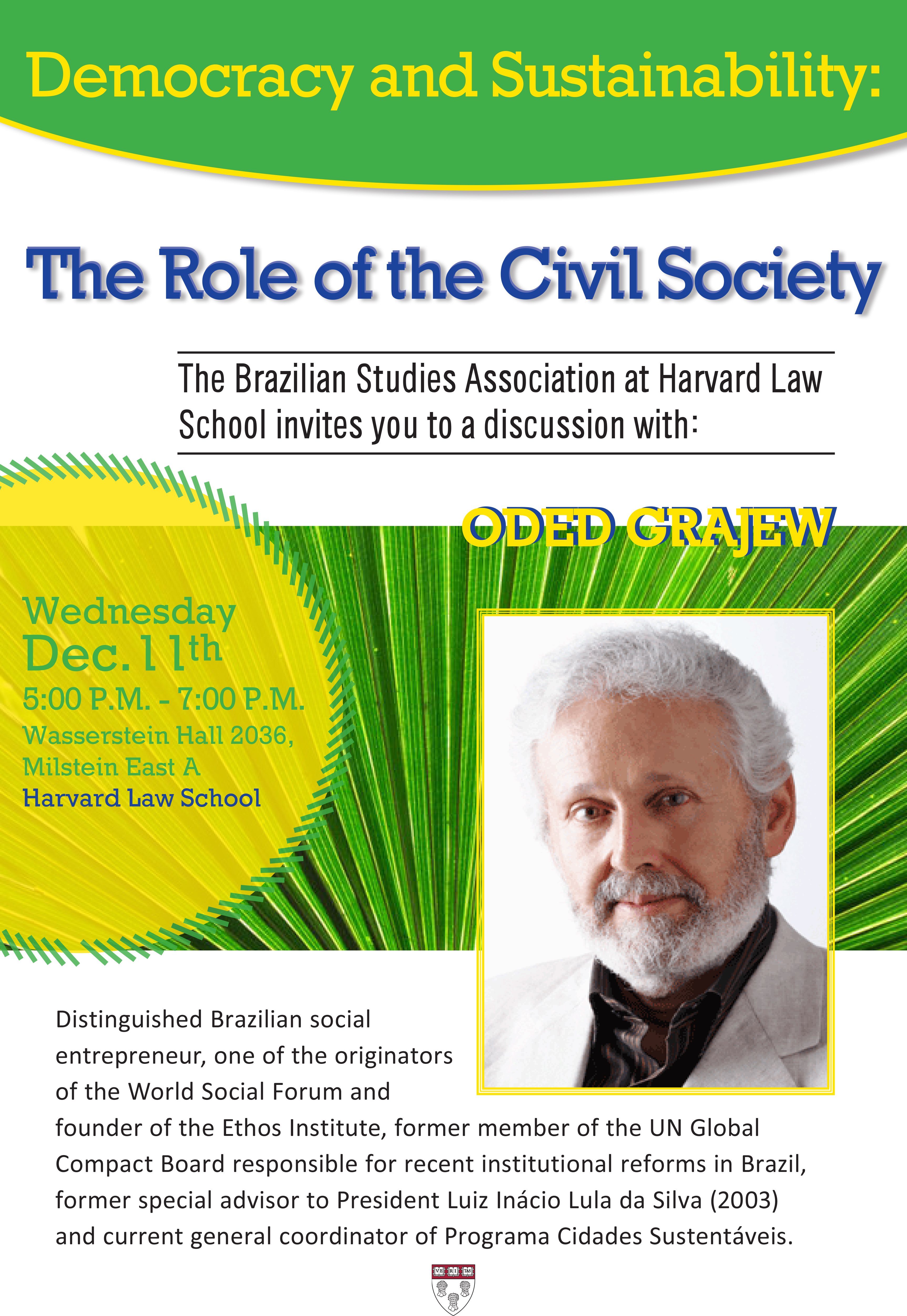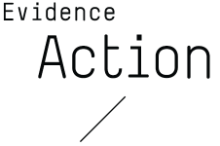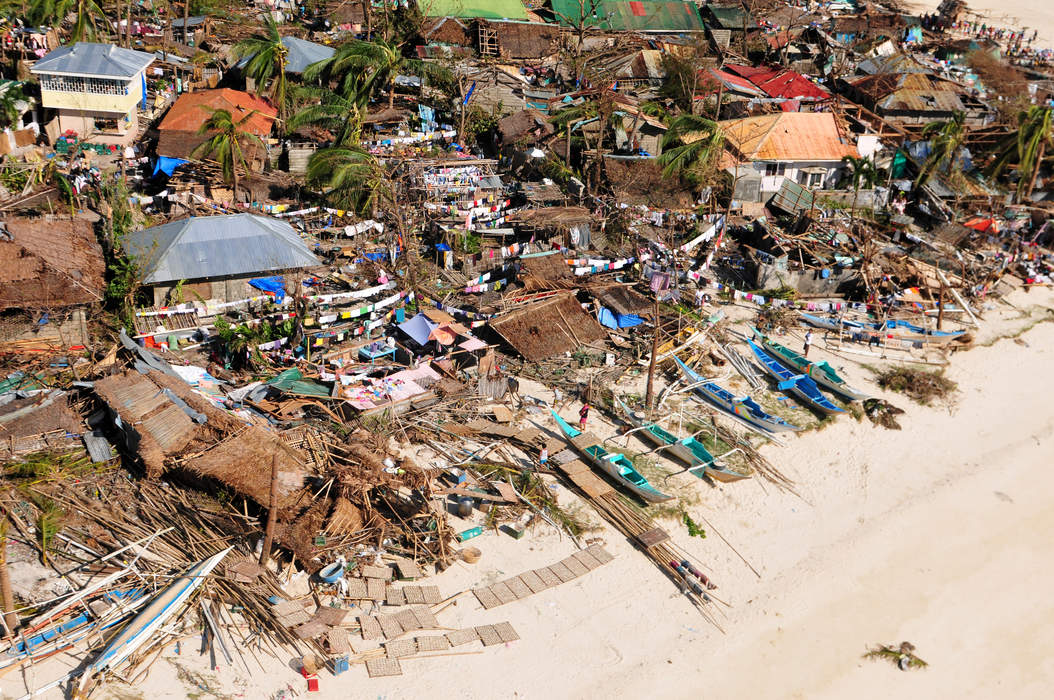Jan. 14, 2014 – Julian M. Hill
Asian countries positioning to attract more foreign capital, but at what cost?
Last month, E&Y (formally Ernst & Young) gave India an early Christmas present, apparently crowning India as the most attractive destination in the world for foreign direct investment (FDI). In the world, E&Y said! Besides its depreciating currency (at the time at least) and domestic companies divesting from homegrown entities, India’s liberalization of its FDI policy in August is likely a key reason for the country’s increasing appeal. The Indian government, for seven sectors, decided to increase the amount of FDI that could be contributed to companies and eliminate mandatory government approval, under certain circumstances, in five other sectors. Such broad liberalizations in FDI-governing laws are just one among other strategies being used by Asian countries to attract foreign money.
More targeted relaxations are being employed by Mongolia to encourage inbound FDI specifically from Chinese investors. Laos’s leadership also used a focused approach a few weeks ago to solicit more FDI from South Korea’s private sector during a trip to Seoul. Many Asian countries, like Laos, see FDI as an important contributor to economic growth and are not afraid to go out and get it.
Longer-term bilateral approaches in the form of bilateral treaties and co-operation agreements are continuously being drafted as well, as in the case of Malaysia and China. In October, the two countries reaffirmed agreements to bilaterally trade USD $160B over the next five years, agreements which also include terms centered on common defense and security cooperation.
With China’s economy growing and prices for labor and services increasing, countries like Cambodia and Vietnam are likely to attract investments that will exploit relatively lower related costs (Samsung made its move just this month). And so continues the race to the bottom, where multinational companies encourage countries to compete over them. The country that can deregulate the most, often at the expense of local industries, seems to win.
Infusing foreign capital into countries that need it is important—I’m no fool. The ugly side, though, cannot be ignored—displacement of politically weak communities, ignoring of labor rights, and the degradation of ecological systems among other problems. Luckily we can all just rely on it all trickling down right? That’s if the goal is being poor and exploited with one job rather than being relatively less poor with no job.
Links for more information
http://blogs.wsj.com/searealtime/2013/10/05/china-malaysia-seek-to-strengthen-ties/
http://www.taipeitimes.com/News/biz/archives/2013/12/13/2003578891
[photo courtesy of ironline.american.edu]






